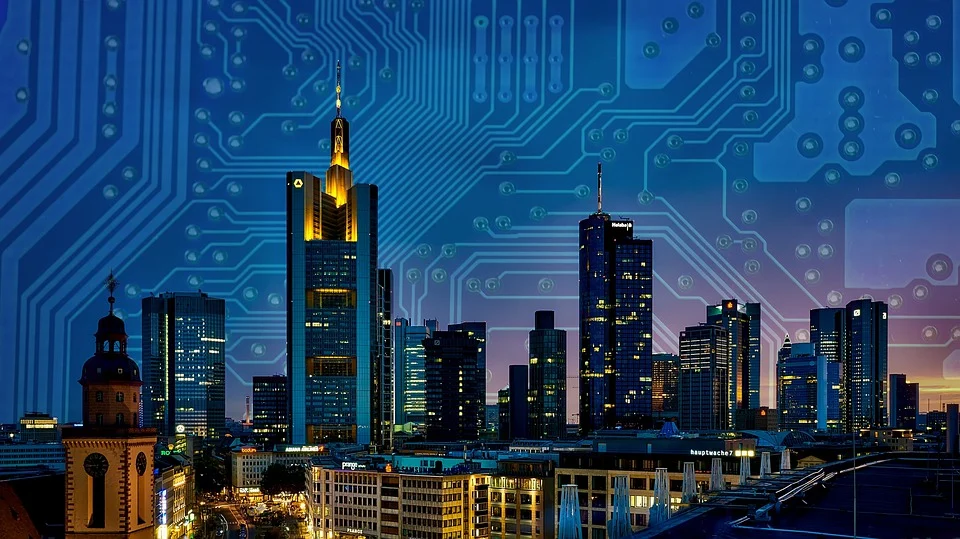

ICT & Telecom
The ICT and telecommunications area is rapidly developing, with new innovations impacting on every aspect of daily life, from health care to computers to transport. Each innovation brings the possibility of entirely new product developments.
This sector has a well-established presence in the economy and is responsible for the provision of a huge range of high-demand products worldwide: software, hardware and telecommunications. Engineers working in the computer and software field design and develop state-of-the-art computer hardware, software and information systems.
Distinctive Areas of Activity
- Hardware (network engineering): designing networks, linking computers together, designing new types of chips, processors and computers.
- Software: designing, writing and testing software.
- Information systems: designing, configuring, implementing and installing complete computer systems.
- Telecommunications: designing and developing technologies for broadcast, mobile and optical communications, such as mobile phones and podcasting technologies.
Telecommunications is one of the fastest-moving sectors in the world: telecoms providers need to innovate continually in order to remain competitive. There is a wide range of jobs for graduates, ranging from research and project management to software development.
Mobile applications in the construction industry for example, allow worksite access like never before possible, including real-time inspections, on-site accountability, and accurate measurements taken from a mobile phone camera
SMART CITIES
Smart cities are rapidly becoming the standard of modern urban living. From implementing smart grids in public spaces, which tremendously aids in resource conservation, to adding smart electricity meters to individual homes, the adaptation of smart technology in cities is almost limitless. To learn more about the technologies used in smart cities and some inspiring smart cities around the world, check out our infographic below.
Smart cities enter use intelligent technology, connected devices, and instantaneous data to solve real-world problems. From reducing energy use to alleviating traffic congestion, smart cities are positively changing the lives of urban residents worldwide.
Countries, towns, cities, and governments have realized the potential and impact of smart cities. Investment in smart cities is rapidly growing, as global spending on these revolutionary initiatives and digital technologies is expected to hit $135 trillion worldwide by 2021. Additionally, construction jobs in cities across the US are booming to meet this demand.
Some tech companies, like IBM, Microsoft, and Cisco, are investing heavily in megaprojects to build smart, sustainable cities. These cities are more intricate and interconnected than most megaprojects and require intense planning and development prior to commencement. Global spending on intelligent infrastructure development topped $120 billion in 2020 and is expected to sharply increase.
With cost, sustainability, and efficiency benefits, smart city technologies are no longer part of the distant future. They are becoming essential today for cities to thrive in the long run.







